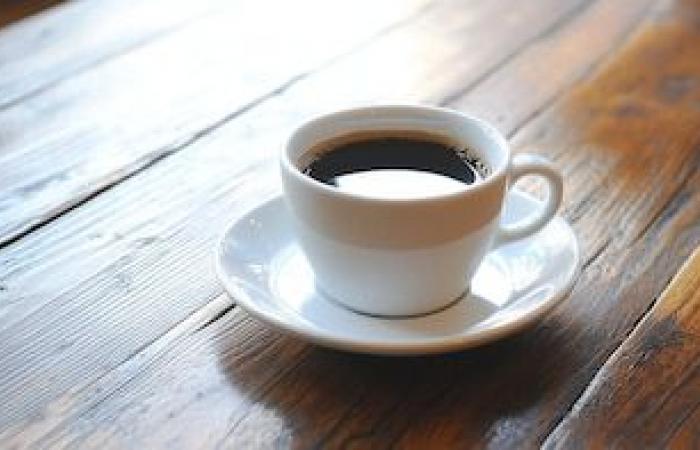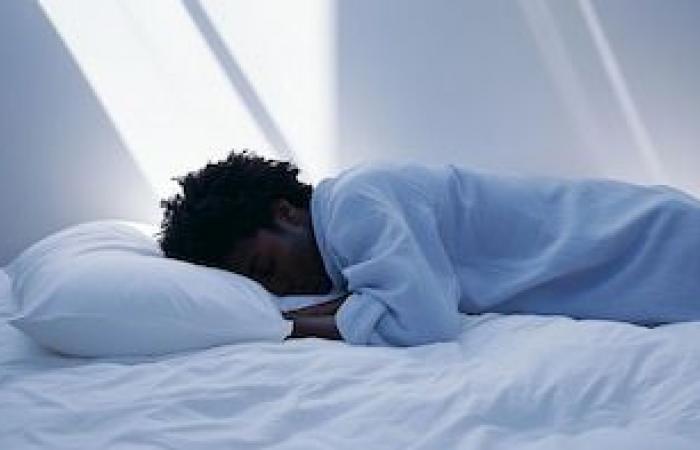Wake up sweating in the middle of the night It may seem, at first glance, an isolated episode. However, when it is repeated frequently and there is no obvious explanation – no fever, neither menopause, nor nightmares -, it is convenient to look towards the dining room table.
This is warned in dialogue with Women´s Health The clinical nutritionist María Fernanda Contramaestregraduated in nutrition and diet at the Central University of Venezuela, who points to night food as one of the underestimated causes of night sweating.
“Most people believe that when sleeping the body enters full rest, but this is not entirely true.”Explains against the note published by Lauren Izquierdo. During the dream, the organism continues to perform essential metabolic functions, including digestion.
And that is where the thermogenesis induced by the dieta process by which the digestion of certain foods raises body temperature.

This temperature increase, if it occurs excessively, can manifest as a night sweating that interrupts rest. In people with previous physiological imbalances – as hormonal, digestive or even accumulated stress – this effect can be intensified.
Although there is no single guilty food, there are food groups whose digestion or metabolization triggers notorious thermal effects. Countermaster details which are the most problematic at dinner time:
A grilled fillet accompanied by eggs and nuts may seem a healthy meal. However, these types of protein -rich combinations require a high digestive effort to the body. “Protein, especially in high amounts at night, usually raises body temperature”affirms countermastre.
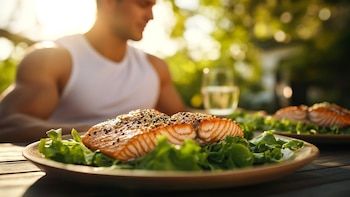
The recommendation is not to eliminate them completely, but Moderate the portion y advance the schedule of dinner, Ideally before 8:00 p.m.
Ingredients such as Cayena, Chile or Curry contain capsaicinan active substance that stimulates the heat receptors of the body. The result is not only a sense of heat, but an activation of the sympathetic system that can generate tachycardia and sweating during sleep. Contramestre advises avoiding these dishes at night, even if they tolerate well during the day.
Coffee, black tea and black chocolate – especially if consumed in the last hours of the day – have the ability to keep the nervous system active. “Even if they are not consumed just before sleeping, their stimulating effect can last and alter body temperature.”warns the expert. These foods also interfere in the deepest phases of sleep, which can lead to microdesperta or inexplicable sweats.
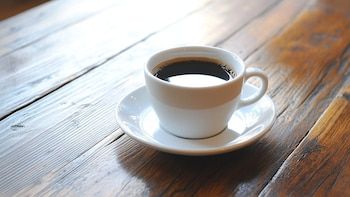
Contrary to what is believed, alcohol does not help sleep better. Although its initial sedative effect can induce sleep, this is misleading. “Alcohol interferes with sleep architecture and can cause vasodilation night sweats”Explains the rule. That is, it widens the blood vessels, generating a thermal sensation that the body regulates with sweat.
The key is in lighter dinnersdesigned to facilitate efficient digestion and a natural decrease in body temperature before sleeping. Contramastre suggests composing the dish with:
- Cooked vegetableswhich are more digestive than raw and provide fiber without overloading the digestive system.
- Healthy fatssuch as those of avocado or extra virgin olive oil (Aove), which stabilize metabolism without generating thermal peaks.
- Complex carbohydrates In moderate quantities, such as quinoa, integral rice or sweet potatoes, which help segregate serotonin, the precursor hormone of melatonin (sleep inductor).
In addition, it is recommended to avoid abundant dinners just before bedtime. A good practice is to have dinner at least two hours before bedtime, to give time to the body of starting the digestive process without interrupting the start of the break.
“If you notice that whenever you have certain more foods, you have the track there”insists contrama. Self -observation can be one of the most effective tools to identify patterns that affect sleep. Journal food And symptoms can help establish correlations between what is ingested and how it falls asleep.
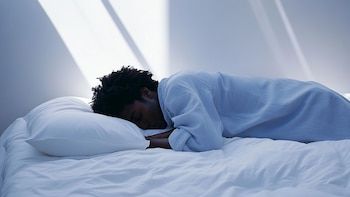
Sleeping well is one of the fundamental pillars of health, both physical and emotional. And, as the specialist emphasizes, that well -being does not begin when one gets into bed, but when choosing what to have dinner. Sometimes, The problem is not in the sheets or the thermostat, but on the plate.





